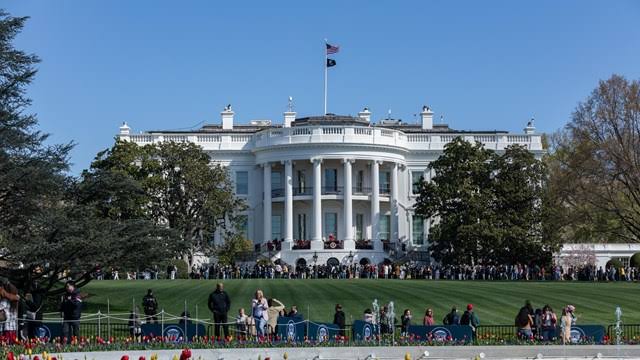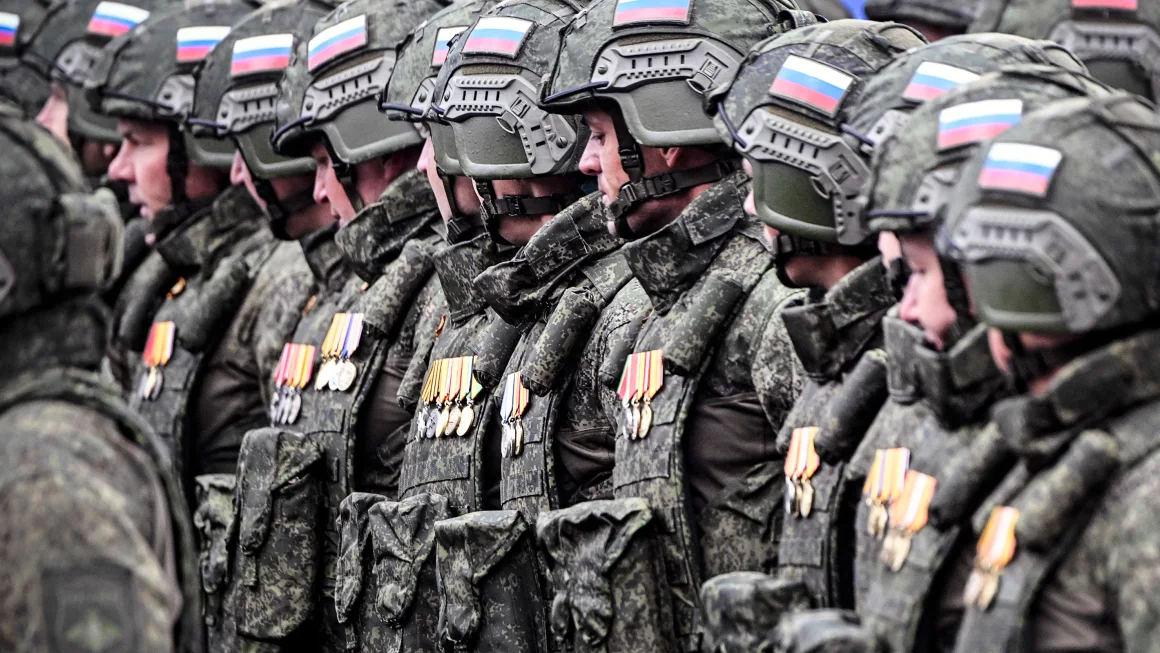The White House is facing backlash over a leaked Signal group chat that revealed high-level discussions about U.S. military actions in Yemen. The incident has triggered political disputes, security concerns, and calls for accountability within the administration.
The Leak That Started It All
The controversy erupted when The Atlantic published messages from a Signal chat involving senior national security officials. Among the participants was Defense Secretary Pete Hegseth, who allegedly disclosed sensitive operational details just two hours before U.S. forces launched strikes against Houthi militants in Yemen.
The leak occurred when National Security Adviser Michael Waltz mistakenly added The Atlantic’s editor-in-chief, Jeffrey Goldberg, to the chat. This accidental inclusion allowed a journalist direct access to real-time national security discussions, raising concerns about the security of government communications.
White House Response: Deflection and Damage Control
Rather than addressing the implications of the leak, the White House focused on attacking the journalist who exposed it. Press Secretary Karoline Leavitt dismissed the story as overblown, insisting that the leaked information was not classified.
Leavitt also criticized The Atlantic for initially calling the details “war plans” before later referring to them as an “attack plan.” She emphasized that there were no classified elements in the messages, portraying the issue as a simple policy discussion rather than a security breach.
President Trump added to the confusion by contradicting earlier statements from his administration. Initially, he asserted that the messages contained no classified material, but later admitted uncertainty. He also questioned the security of the Signal app, despite previous claims that it was an approved platform for government communications.
National Security Risks and Political Fallout
Security experts have expressed deep concern over the level of detail shared in the chat. Military operations of this nature are typically communicated through secure government channels, not consumer messaging apps. The disclosure of flight times for U.S. fighter jets could have put American pilots at risk if intercepted by adversaries.
Democratic lawmakers have condemned the incident, calling for resignations and further investigations. Representative Jim Himes warned that if the leaked details had reached hostile entities like Russia or China, they could have passed them to the Houthis, jeopardizing the entire operation.
Meanwhile, intelligence officials, including CIA Director John Ratcliffe and Director of National Intelligence Tulsi Gabbard, downplayed the severity of the leak. They insisted that no classified materials were shared and maintained that the discussion fell within acceptable communication protocols.
Calls for Accountability
Despite growing concerns, the White House has refused to take disciplinary action. Trump defended Waltz, stating that he had learned from the mistake and would not face consequences. However, the administration’s inconsistent messaging has only fueled further scrutiny.
Congress has already begun questioning intelligence officials, and Democrats are pushing for deeper investigations. Some lawmakers are specifically demanding Hegseth’s resignation, arguing that his actions endangered military personnel.
The Bigger Picture
Beyond the immediate fallout, this incident raises broader questions about the handling of sensitive information within the administration. The use of Signal for high-stakes national security discussions, combined with automatic message deletion, has sparked debate over government transparency and accountability.
While the White House attempts to shift the narrative, the reality remains: a critical lapse in security exposed sensitive military plans, and the administration’s response has been anything but reassuring. Whether further investigations will lead to consequences for those involved remains to be seen.
Source: The New York Times








Leave a Reply